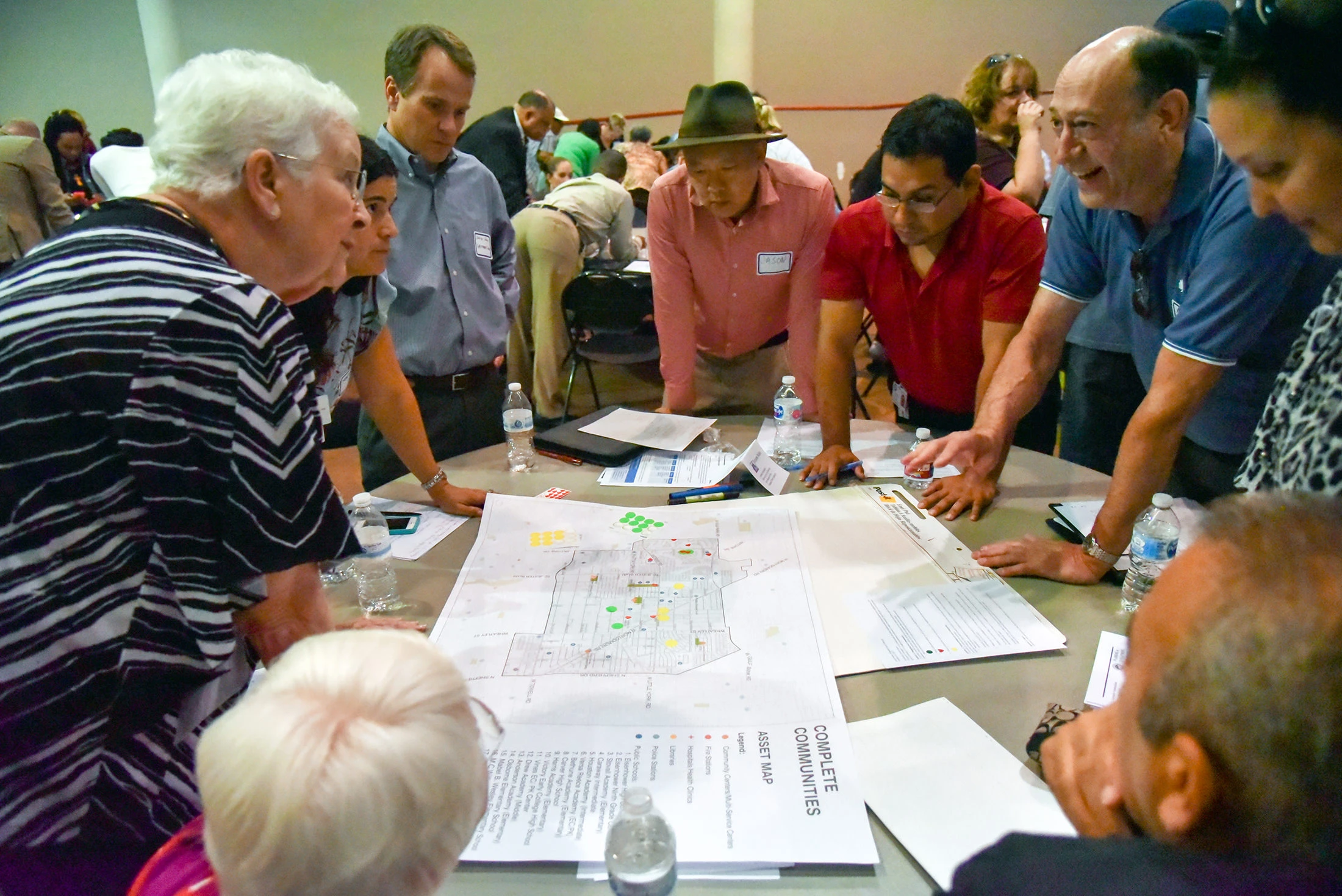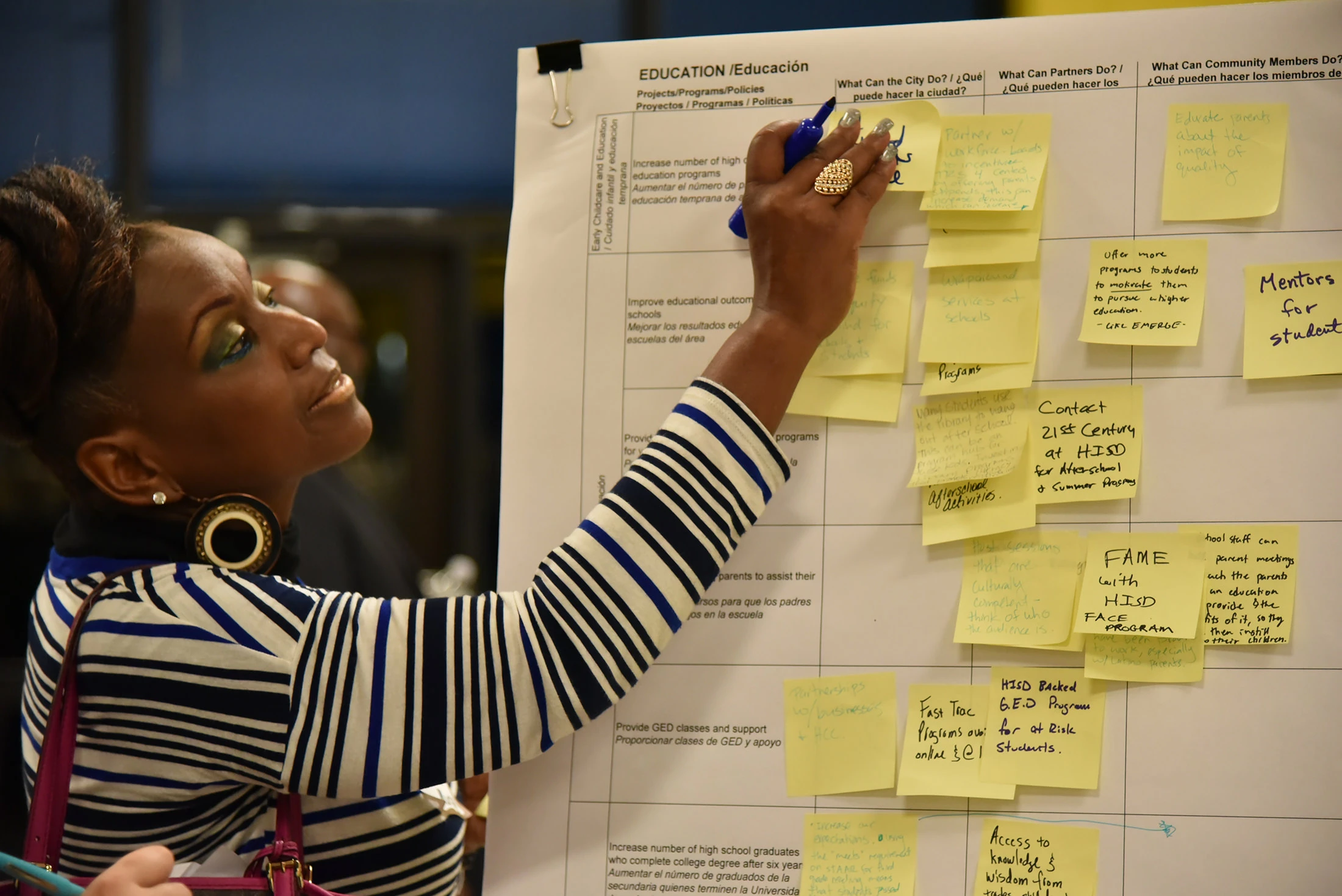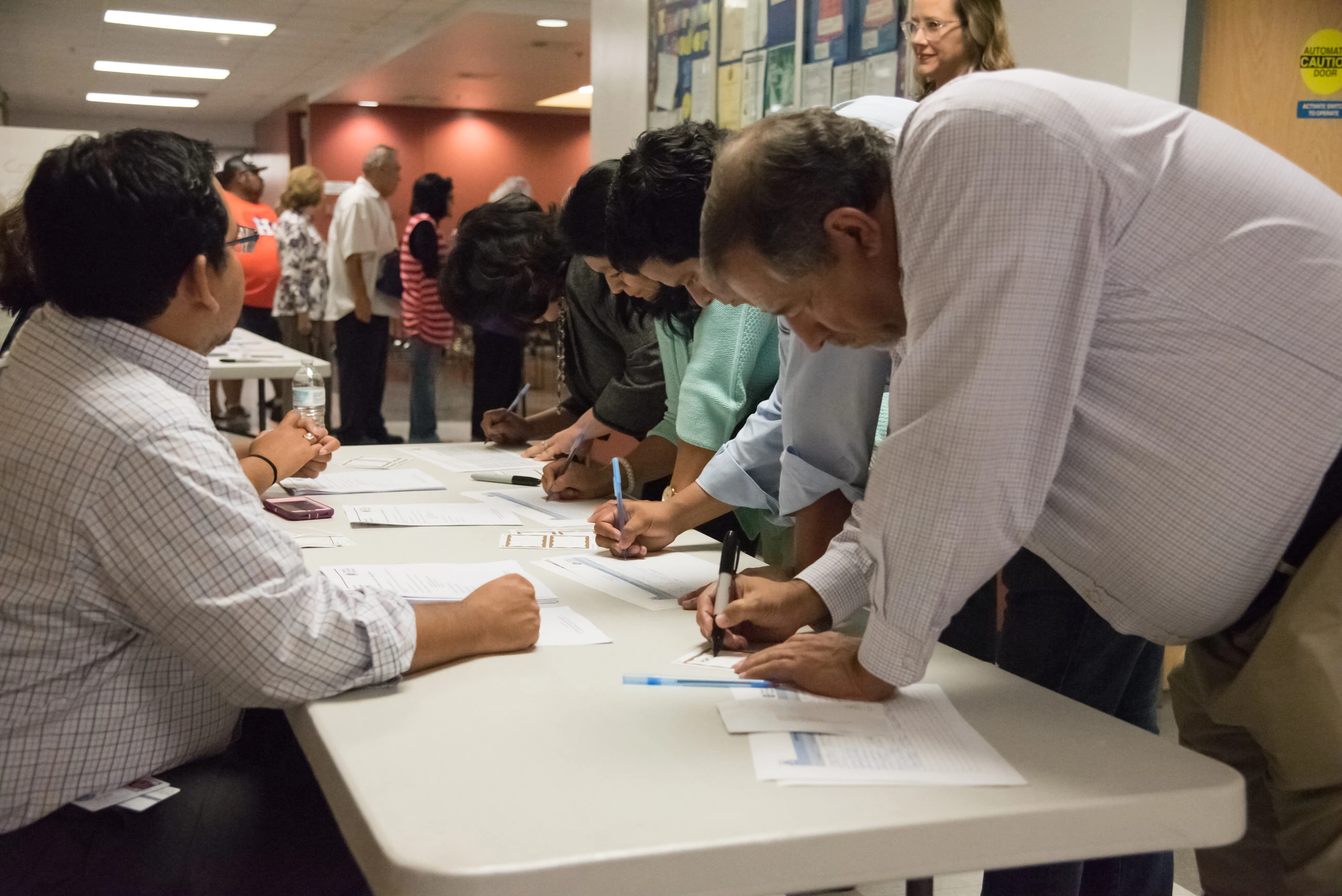Houston
Making Houston Neighborhoods Stronger
The City of Houston needed help to strengthen and deliver critical support to historically under-resourced neighborhoods.
Ensuring that all Houstonians have equal access to quality services and amenities, requires a cross-sector approach. By tapping the strengths of our community members, nonprofits, businesses and philanthropic partners, together we can build a stronger and more resilient city.
Sylvester Turner, Mayor of Houston
Relevant Expertise
Enhance City Communications and Resident Engagement
- Stakeholder Mapping and Community Feedback
Improve Public Space and Neighborhoods
- Long-Term Planning and Zoning
Support Marginalized and Vulnerable Populations
- Criminal and Social Justice Insights
Challenge
While residents across Houston benefit from new developments and enjoy the lowest unemployment rate in almost four decades, the Mayor’s Office recognized that several neighborhoods were not sharing in the city’s growth, and that tailored pathways to opportunity and access needed to be developed for them.

Approach
The City of Houston launched Complete Communities, a first-of-its-kind public-private collaboration, with the goal of leveraging private investment, philanthropic gifts and public funding to strengthen five under-resourced neighborhoods across Houston. Under the program, a Complete Communities Action Plan would prioritize short and long-term high-impact projects created by and for each neighborhood. Bloomberg Associates was asked to assist in developing a comprehensive community engagement process in order to elicit the specific hopes and needs of five unique Houston neighborhoods, and create a framework for the creation and delivery of these Action plans.
Impact
The Mayor and the City of Houston selected five pilot neighborhoods (Acres Home, Gulfton, Near Northside, Second Ward, and Third Ward) based on the following criteria: historically under-resourced and diverse populations, diverse development patterns, measurable need for quality amenities and services. Following a year-long engagement process, community feedback was used to create Action plans organized into nine priority goals: civic engagement, economy and jobs, education, health, housing, mobility and infrastructure, neighborhood character, parks, and community amenities, and safety. For each goal category, a set of priority projects were identified along with specific action steps, metrics to measure success, and lead implementation partners. Overall, these projects will help strengthen leadership and community, allow residents to stay in their neighborhoods, and provide essential services and physical improvements.


Metrics
3500 participants in 14 public meetings
1200 leaders from civic, religious, business, and community organizations at hundreds of meetings
300+ projects identified
5 action plans created